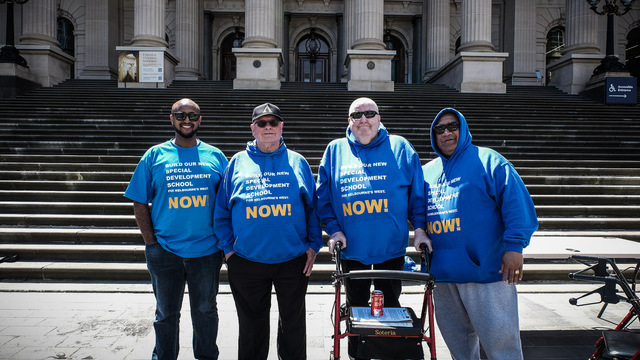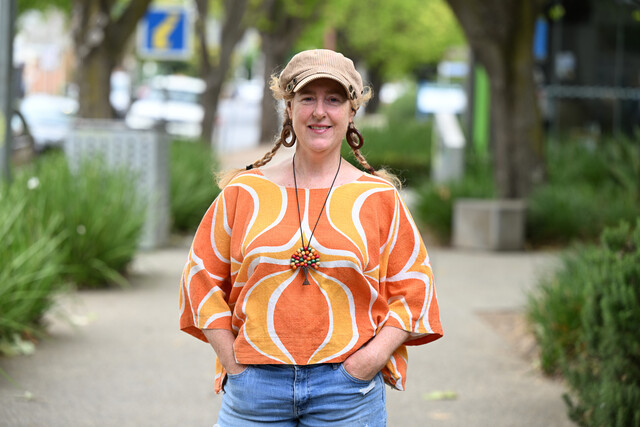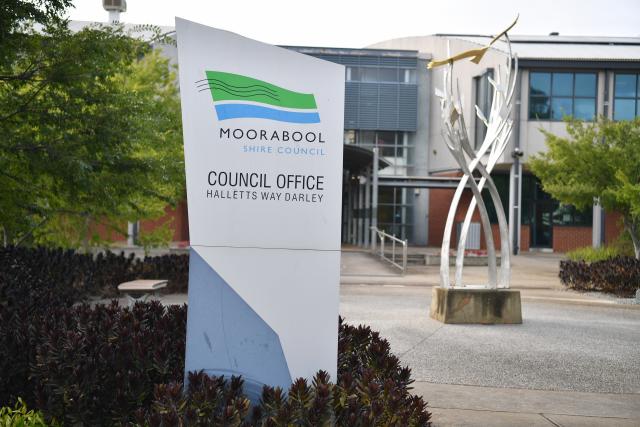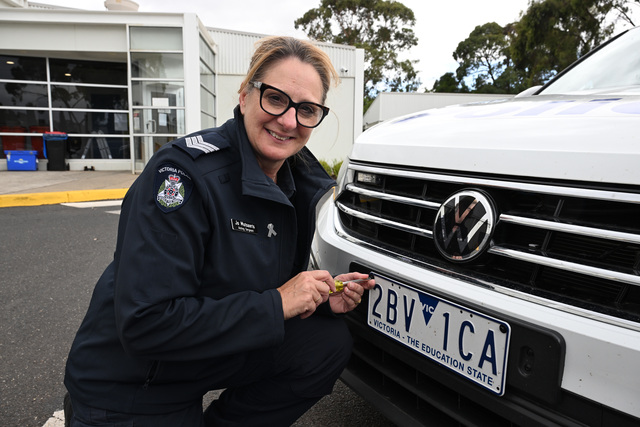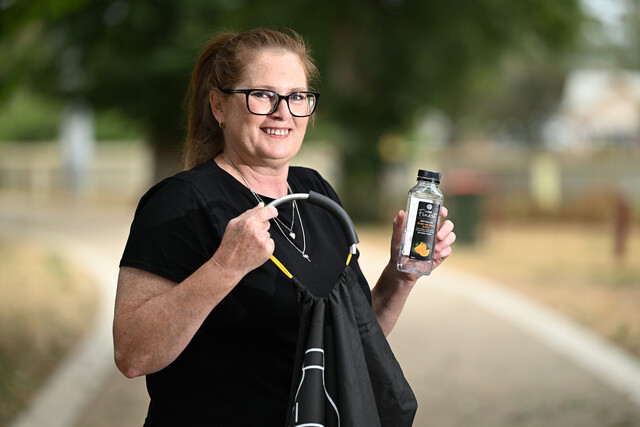Controversial plans to rezone a 167-hectare site in Bacchus Marsh for a future residential estate will be assessed by a state government panel.
About 45 residents attended a Moorabool council meeting last Tuesday when a casting vote by mayor Paul Tatchell determined that the Underbank rezoning proposal would be referred to an advisory panel.
Six residents spoke against plans to rezone the former Underbank Stud Farm, which would bring Kataland Developments’ plan to build a 1400-house estate west of Bacchus Marsh a step closer.
The area has been identified in the Moorabool Planning Scheme as “potential residential” since 2009.
Bacchus Marsh’s Peter Matters said residents were not being listened to.
“I have major issues concerning the traffic, building stages, fire and flood risk, damage to the environment and heritage of the land,” he said, adding that about 7000 vehicles travelled through the area every day and the development would double that number, adding to Bacchus Marsh’s traffic woes.
“I feel very strongly that alternative access off Halletts Way should be a prerequisite to building any houses on this land.”
Cr Tatchell said referring the proposal to a panel would give the council more power to ‘‘dissect’’ the plans.
“There was a preconception that council was making a decision on Underbank being built, but we weren’t. We were making a decision as to whether it had the integrity to go to a panel.”
Adrian Rowell, who has lived in Underbank Boulevard for more than 11 years, said he hoped the two areas nominated for neighbourhood amenities meant a new school would be built. “With this increase in population, we’ll need it.”
Nick Hooper, speaking on behalf of Kataland, told last week’s meeting the company was happy to continue discussions with the community throughout the panel process. “In relation to traffic matters, if plans need to be tweaked, we’re happy to talk to council and work through the panel process.”
Cr Tatchell said if the council had turned down the panel option, Kataland could have taken the proposal directly to the Planning Minister for approval.
“If we do it this way, at least we can control how development happens and can have a say on lot sizes, traffic issues and social concerns,” he said.









